
The Expanded Program on Immunization was initiated by the World Health Organization and established in 1974 to ensure equitable access to vaccines to protect and save children's lives worldwide. Over the past 50 years, vaccines have saved nearly 154 million lives worldwide (equivalent to more than 3 million people each year). World Immunization Week is an initiative launched by the World Health Organization in the last week of April every year to call on countries and organizations to take necessary actions to protect children and communities from the risk of illness and death from vaccine-preventable diseases, helping them live happier, healthier lives.
Over the past 50 years, vaccines have saved nearly 154 million lives worldwide (equivalent to more than 3 million people each year).
In Vietnam, vaccines under the Expanded Immunization Program, provided free of charge to children and women, have protected millions of children from many diseases. The number of children dying from vaccine-preventable diseases has decreased significantly since Vietnam began implementing the National Expanded Immunization Program (in 1981) with the goal of ensuring that all children in all regions of the country have access to vaccines. As a result, tens of millions of children have been vaccinated, contributing significantly to the achievement of eliminating polio (in 2000); eliminating neonatal tetanus (in 2005); and significantly reducing the incidence of dangerous infectious diseases that can be prevented by vaccines such as measles, diphtheria, whooping cough and Japanese encephalitis...
Immunization is the safest and most effective way to protect children against many preventable and deadly diseases. However, as in many other countries, routine immunization services in Vietnam have been disrupted by the Covid-19 pandemic. Many unvaccinated children are at high risk of disease.
In addition, large numbers of children who are not vaccinated can lead to outbreaks of vaccine-preventable diseases. These risks are threatening the achievements that Vietnam has made in reducing child mortality over the past few decades. Therefore, drastic actions are needed from the Government to ministries, sectors and localities to ensure that essential vaccines are provided in a timely manner for children.
Ms. Rana Flowers, Representative of the United Nations Children's Fund in Viet Nam, commented: Viet Nam's expanded immunization program has contributed to saving children's lives and reducing the devastating impact of vaccine-preventable diseases on families, communities and the country for more than 40 years. The United Nations Children's Fund encourages the Government of Viet Nam to maintain this great achievement so that every child has the opportunity to survive, thrive and lead a healthy life.
Viet Nam’s expanded programme on immunisation has saved children’s lives and reduced the devastating impact of vaccine-preventable diseases on families, communities and the country for more than 40 years. UNICEF encourages the Government of Viet Nam to maintain this remarkable progress so that every child has the chance to survive, thrive and lead a healthy life.
Ms. Rana Flowers, Chief Representative of the United Nations Children's Fund in Vietnam
Dr Angela Pratt, WHO Representative in Viet Nam, said: “Viet Nam’s success in eliminating several diseases and dramatically reducing the incidence of vaccine-preventable diseases shows the power of immunization. These results are the result of the leadership of the Government and the strong collaboration of health workers from all over the country, local partners, community-based organizations, local leaders and communities, international development partners, donors and scientists over many years. However, these achievements are under threat, and we need to act quickly to close the immunization gap and ensure that life-saving vaccines reach every child in every part of the country, today and in the future.”
Director of the Department of Preventive Medicine (Ministry of Health) Hoang Minh Duc said: Immunization Week 2024 takes place from April 24 to 30, coinciding with the 50th anniversary of the establishment of the Global Expanded Program on Immunization. This is an opportunity to honor the achievements of immunization, highlight the impact of the program in saving lives, protecting human health, and promote innovative initiatives to strengthen this important immunization work. However, in the past 2020-2023, the vaccination rate in the Expanded Program on Immunization has not met the plan due to the impact of the Covid-19 pandemic and difficulties in vaccine supply, increasing the risk of widespread outbreaks of infectious diseases.
To raise public awareness of the benefits of vaccination and mobilize investment resources from the government, unions, and organizations, the Ministry of Health requests that local health sectors advise the People's Committees of provinces and cities to direct relevant departments, branches, and sectors to deploy or integrate the deployment of activities in response to World Immunization Week 2024 with the message "Join hands in vaccination to prevent and fight epidemics for a healthy Vietnam"; direct vaccination facilities to increase catch-up and catch-up vaccination for those who have not been vaccinated or have not been fully vaccinated; continue to organize regular vaccination to ensure the rate, safety, and effectiveness.
Source



![[Photo] Overcoming all difficulties, speeding up construction progress of Hoa Binh Hydropower Plant Expansion Project](https://vstatic.vietnam.vn/vietnam/resource/IMAGE/2025/4/12/bff04b551e98484c84d74c8faa3526e0)

![[Photo] Closing of the 11th Conference of the 13th Central Committee of the Communist Party of Vietnam](https://vstatic.vietnam.vn/vietnam/resource/IMAGE/2025/4/12/114b57fe6e9b4814a5ddfacf6dfe5b7f)






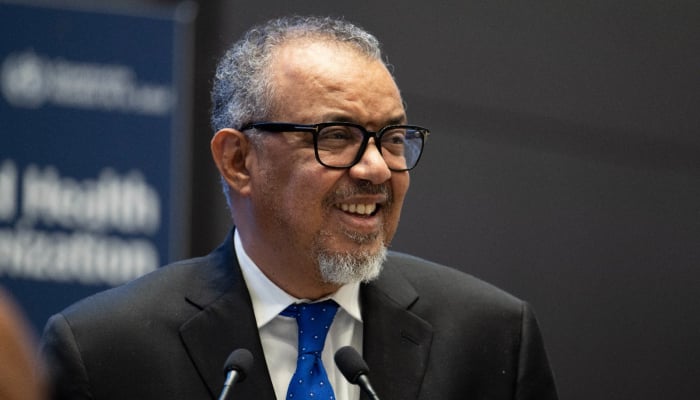

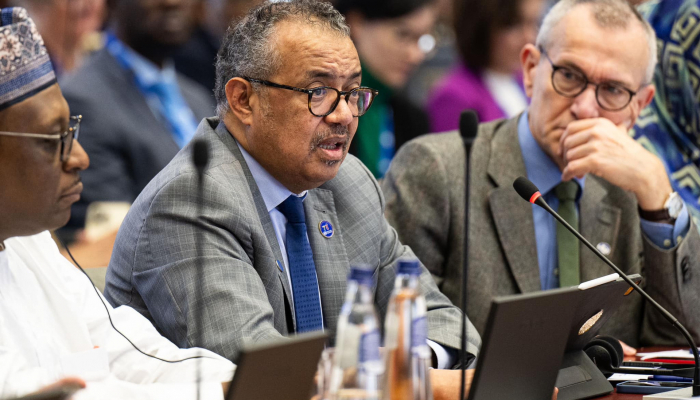
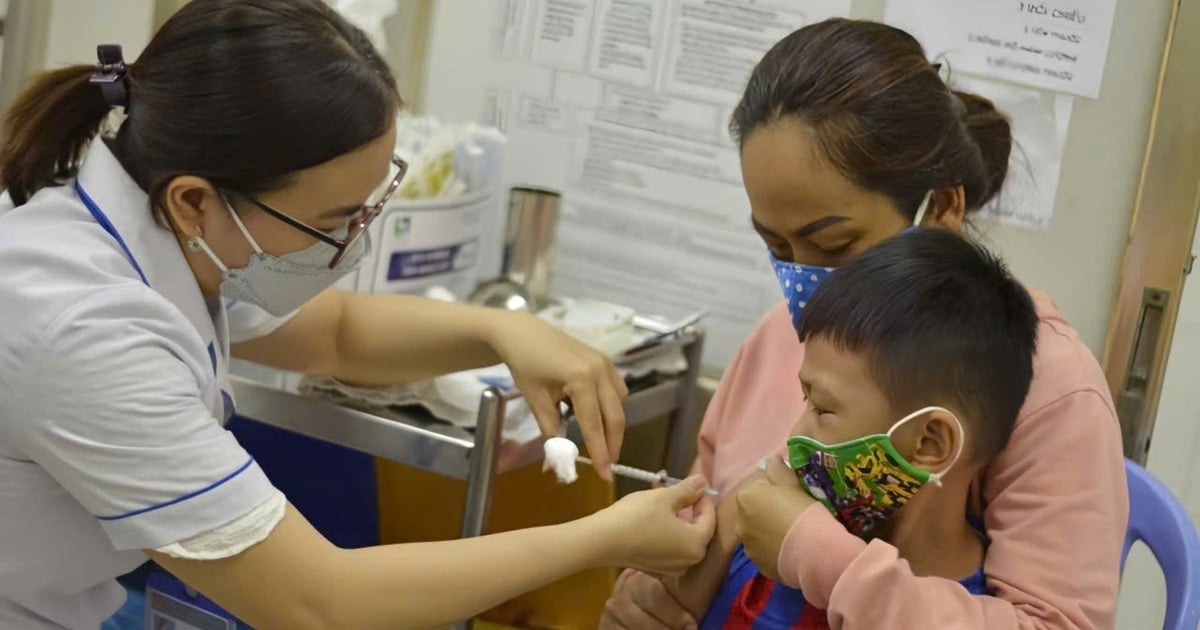




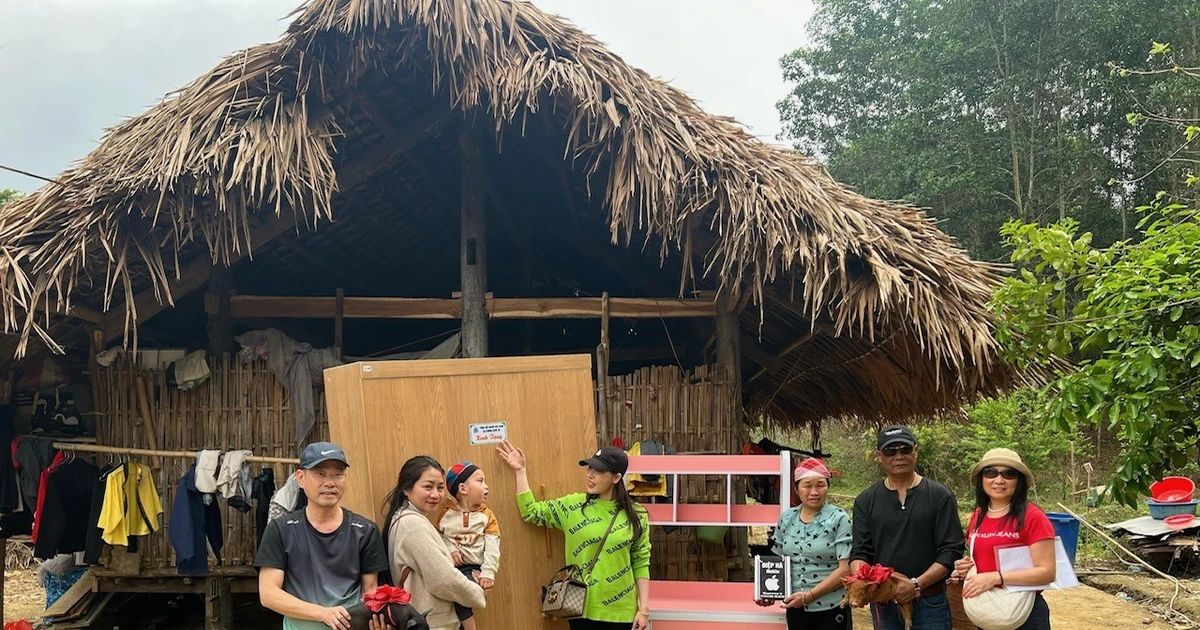






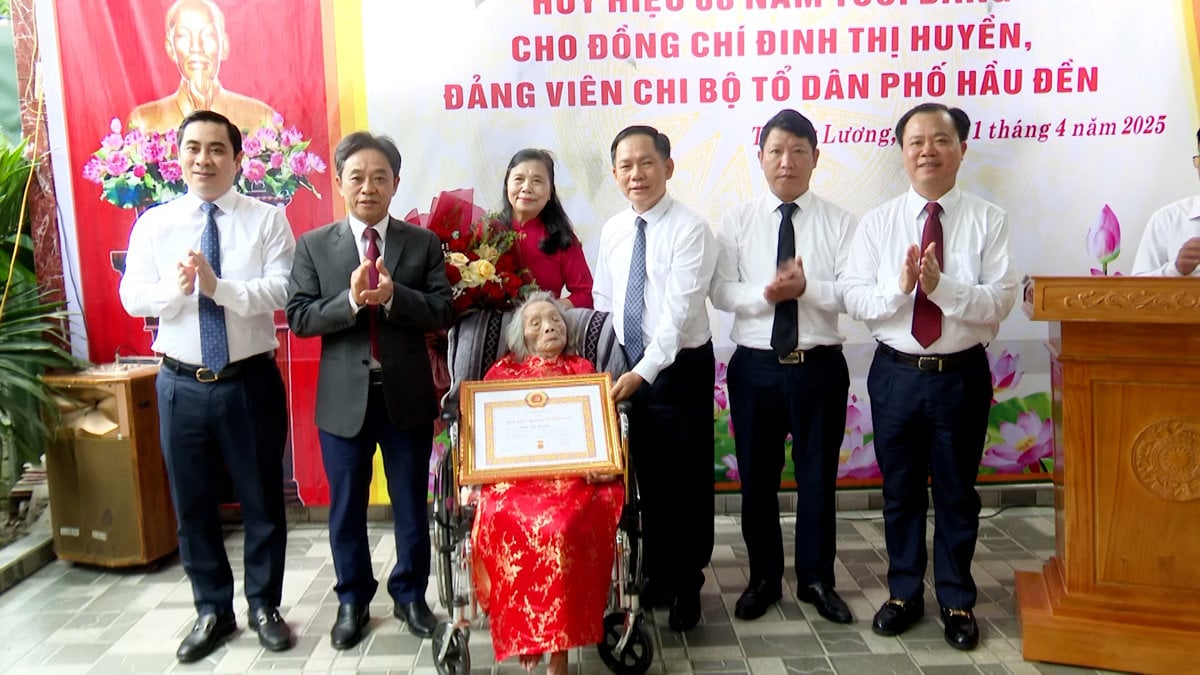

















































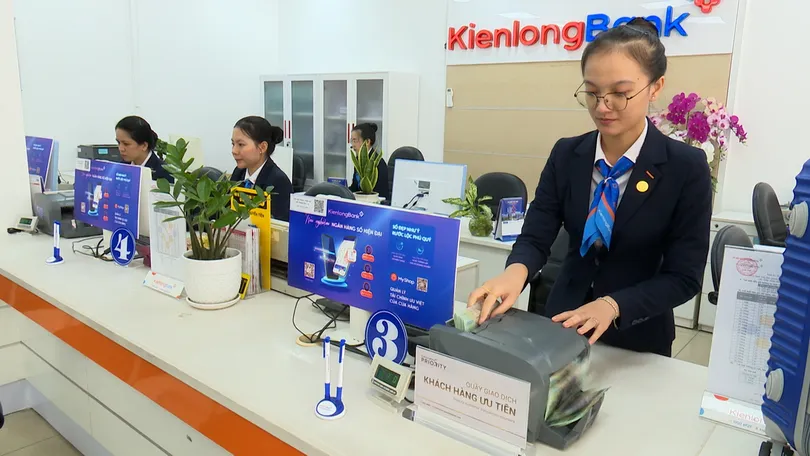












Comment (0)